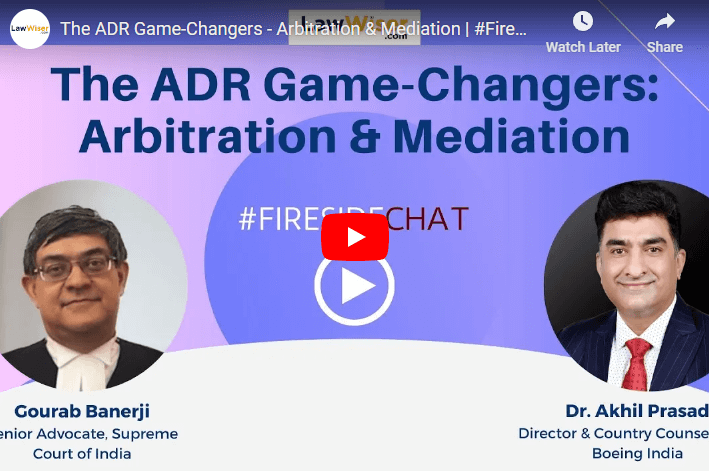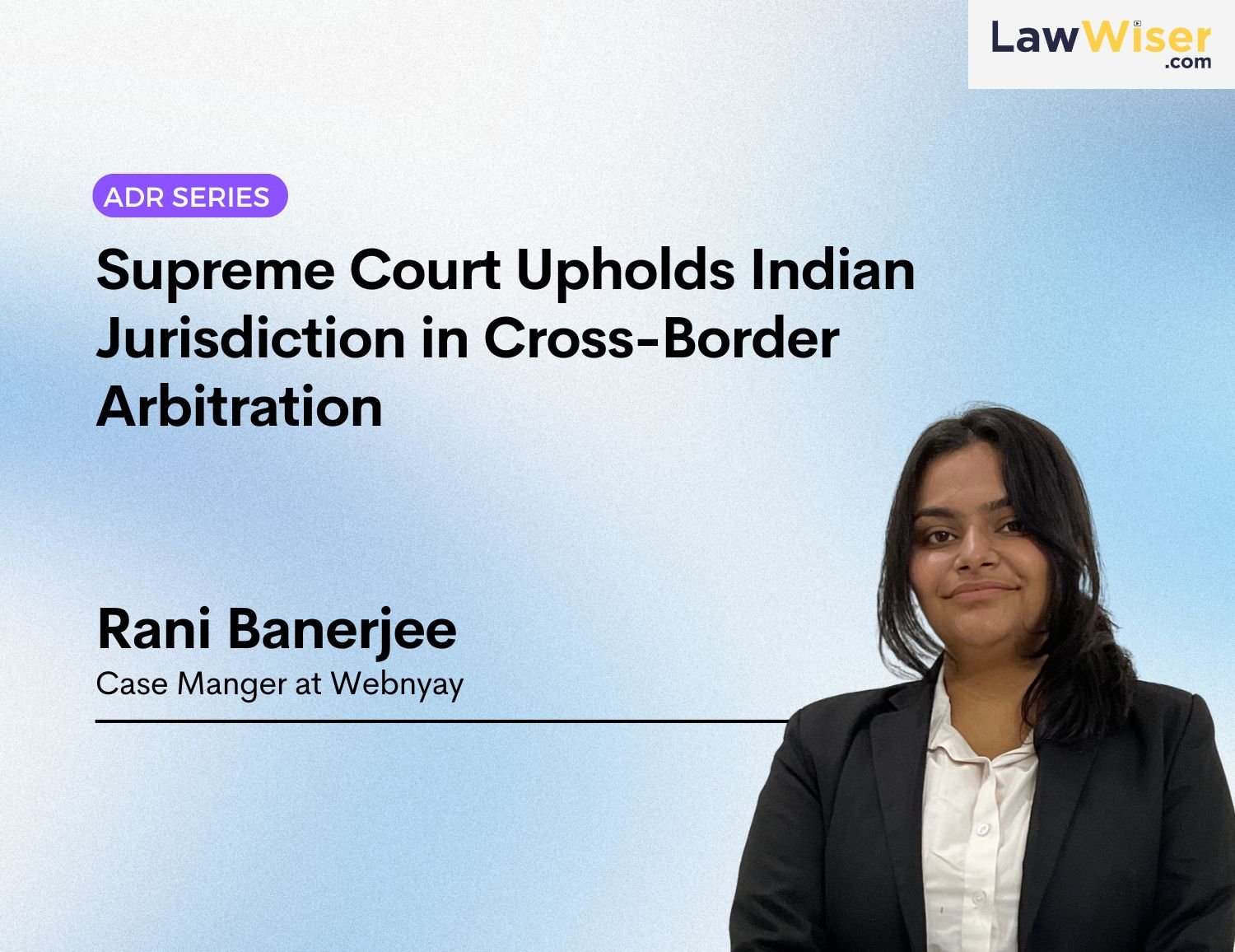Alternate Dispute Resolution (ADR)
ADR is a type of legal practice that includes resolving conflicts outside of the traditional judicial system. ADR approaches are intended to ease the resolution of conflicts in a fast, efficient, and cost-effective manner. In India, ADR is governed by the Arbitration and Conciliation Act, 1996, which establishes a framework for dispute resolution through arbitration, mediation, and other ADR processes. ADR is gaining popularity in India as a method of settling conflicts due to its several advantages, including confidentiality, flexibility, and the opportunity to maintain ongoing connections. The Indian judiciary has also been supportive of ADR procedures, encouraging parties to try to resolve conflicts through ADR before resorting to litigation. Arbitration, mediation, conciliation, and negotiation are some of the most prominent ADR processes utilized in India. In arbitration, a neutral third party, known as an arbitrator, is chosen to hear and decide on the dispute. Mediation entails the use of a neutral third person, known as a mediator, who promotes negotiations between the parties to obtain a mutually agreeable settlement.
ADR is a type of legal practice that includes resolving conflicts outside of the traditional judicial system. ADR approaches are intended to ease the resolution of conflicts in a fast, efficient, and cost-effective manner. In India, ADR is governed by the Arbitration and Conciliation Act, 1996, which establishes a framework for dispute resolution through arbitration, mediation, and other ADR processes. ADR is gaining popularity in India as a method of settling conflicts due to its several advantages, including confidentiality, flexibility, and the opportunity to maintain ongoing connections. The Indian judiciary has also been supportive of ADR procedures, encouraging parties to try to resolve conflicts through ADR before resorting to litigation. Arbitration, mediation, conciliation, and negotiation are some of the most prominent ADR processes utilized in India. In arbitration, a neutral third party, known as an arbitrator, is chosen to hear and decide on the dispute. Mediation entails the use of a neutral third person, known as a mediator, who promotes negotiations between the parties to obtain a mutually agreeable settlement.









































